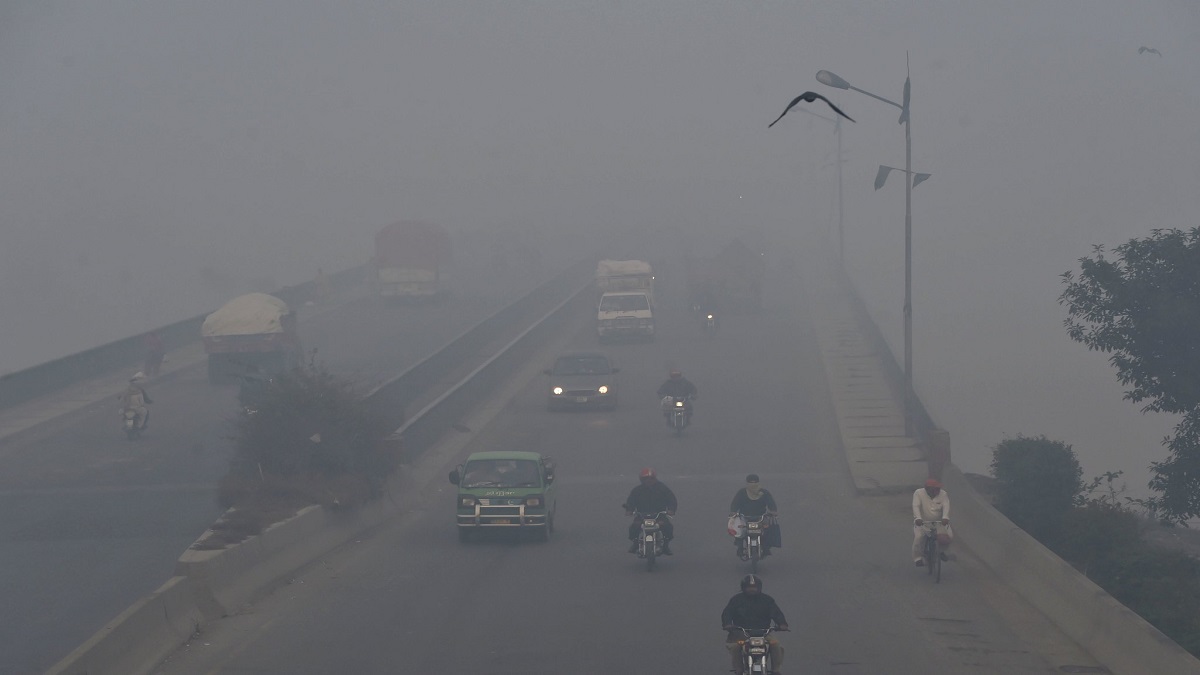According to a report released on Tuesday by the University of Chicago’s Energy Policy Institute (EPIC) in its most recent Air Quality Life Index (AQLI), rising air pollution in Pakistan may reduce life expectancy by at least seven years in some of the nation’s most polluted areas, including Lahore, Sheikhupura, Kasur, and Peshawar.
Particulate pollution is the second biggest risks to human health in Pakistan (after cardiovascular diseases), lowering life expectancy by an average of 3.9 years, according to the AQLI, an index of pollution that translates particulate air pollution into its effect on life expectancy.
The typical Pakistani citizen might live an additional 3.9 years if the country complies with World Health Organization (WHO) recommendations to restrict average annual PM 2.5 concentration to 5 micrograms per cubic meter.
Whereas, maternal and neonatal disorders, child and maternal malnutrition, and obesity all shorten life expectancy by 2.7 years.
All 240 million residents of Pakistan reside in places where the average annual particle pollution level exceeds WHO guidelines. The report states that 98.3% of the population of the nation resides in regions where the air quality standard of 15 micrograms per cubic meter is exceeded.
Read More: By 2050, Pakistan’s annual GDP can decline 18-20% due to climate change risks
According to the AQLI, Pakistan’s average annual particle pollution increased by 49.9% from 1998 to 2021, which decreased life expectancy by 1.5 years.
If the current pollution levels continue, 65.5 million individuals, or 69.5% of Pakistan’s population, will lose an average of 3.7 to 4.6 years of life expectancy compared to the WHO guideline and between 2.7 and 3.6 years compared to the national standard in Punjab, Islamabad, and Khyber Pakhtunkhwa, according to AQLI.
According to the survey, if Pakistan met the WHO guidelines, Karachi inhabitants would see an increase in life expectancy of 2.7 years, while those in Lahore would see an increase of 7.5 years and those in Islamabad would see an increase of roughly 4.5 years.
According to the report, India is also to blame for 59% of the global rise in pollution since 2013.



























